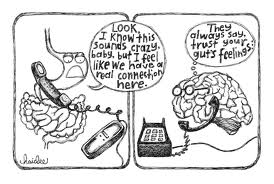
A lifelong symbiotic relationship exists between bacteria and the human body. Varied bacterial composition early in life is essential for normal brain development. Consequently, biotic imbalance acts as a predisposing factor for a number of brain disorders.
The basic microbiome composition is acquired during birth via the birth canal. If a child is born through a cesarean section, the bacteria comes from the mother’s skin and the hospital environment.
Genetic encoding of the microbiota expresses in their production of various chemicals many of which affect brain function. Bacteria in the intestines produce key neurotransmitters such as GABA, norepinephrine, and dopamine. The brain is predominantly composed of fatty acids, which are altered by the metabolic activity of the bacteria.
When compared to mice raised in a non-sterile environment, laboratory studies of mice raised in a germ-free environment have shown marked changes in their behavior, memory, emotion, and stress response. They display an exaggerated stress response and autistic like behavior traits such as decreased sociability and social cognition, and an increase in repetitive type behavior. These behavioral markers are confirmed by brain scans that show abnormal activity of various neurotransmitter systems (e.g., serotonin) and decreased levels of proteins involved in the process of neuroplasticity.
Certain groups of bacteria that have been found to have positive effects on mental health are referred to as psychobiotics. They communicate with the brain through the vegas nerve, immune system and short-chain fatty acids. For example, bacterium lactobacillus rhamnosus has been found to decrease anxiety levels in adult mice and it dampens down their stress response.
Further research is needed to learn about the bidirectional nature of the brain-gut interaction as well as more information on the action of individual bacterial strains and their mutual interaction.
A video of the TEDMED talk can be found here.
